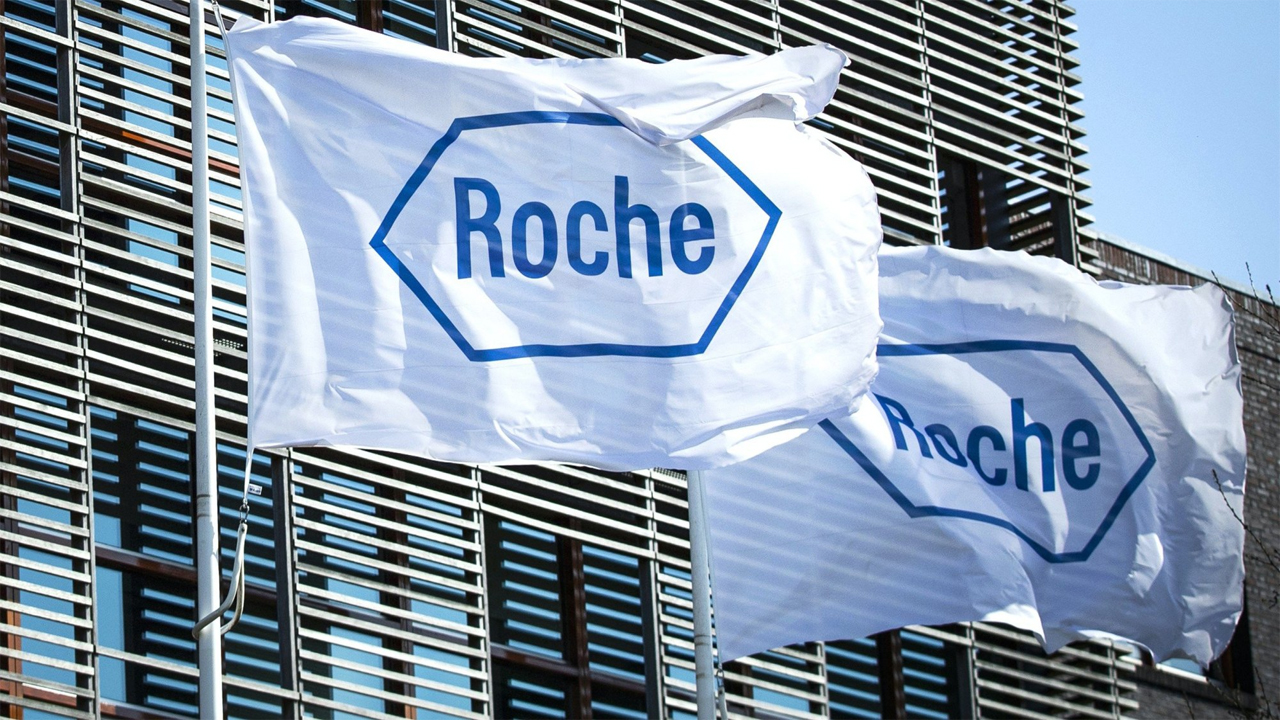Roche recently announced that the U.S. Food and Drug Administration (FDA) has approved Gavreto (pralsetinib) for the treatment of adult and paediatric patients 12 years of age and older with advanced or metastatic rearranged during transfection (RET)-mutant medullary thyroid cancer (MTC) who require systemic therapy, or with advanced or metastatic RET fusion-positive thyroid cancer who require systemic therapy and who are radioactive iodine-refractory (if radioactive iodine is appropriate). These indications were approved under the FDA’s accelerated approval programme based on data from the phase I/II ARROW study. Continued approval for these indications may be contingent upon verification and description of clinical benefit in confirmatory trials.
“We are proud to partner with Blueprint Medicines to bring this important new option to people with certain types of RET-altered thyroid cancer,” said Levi Garraway, M.D., Ph.D., Roche’s Chief Medical Officer and Head of Global Product Development. “Gavreto is now approved across multiple RET-altered tumour types, underscoring our commitment to advancing personalised healthcare with treatments that target the underlying biology of each person’s cancer.”
Approximately 10-20% of people with papillary thyroid cancer (the most common type of thyroid cancer) have RET fusion-positive tumours, and roughly 90% of people with advanced MTC (a rare form of thyroid cancer) carry RET mutations. Biomarker testing for RET fusions and mutations can help identify people who are eligible for treatment with Gavreto.
The approvals are based on results from the phase I/II ARROW study, which demonstrated durable clinical activity in people with or without prior therapy and regardless of RET alteration genotypes. Treatment with Gavreto led to an overall response rate (ORR) of 60% (95% CI: 46%, 73%) in 55 people with RET-mutant metastatic MTC previously treated with cabozantinib and/or vandetanib, and the median duration of response (DoR) was not reached (95% CI: 15.1 months, not estimable). In 29 people with cabozantinib- and vandetanib-naïve RET-mutant advanced MTC who were determined to be not eligible for standard therapies, the ORR was 66% (95% CI: 46%, 82%), and the median DoR was not reached (95% CI: not estimable, not estimable). In nine people with RET fusion-positive metastatic thyroid cancer, Gavreto demonstrated an ORR of 89% (95% CI: 52%, 100%), and the median DoR was not reached (95% CI: not estimable, not estimable). In ARROW trial patients across RET-altered tumour types, the most common adverse reactions (≥25%) were constipation, increased blood pressure (hypertension), fatigue, musculoskeletal pain and diarrhoea.4
The FDA reviewed and approved the application under its Real-Time Oncology Review (RTOR) pilot programme, which aims to explore a more efficient review process to ensure safe and effective treatments are available to patients as early as possible. In September, the FDA also granted accelerated approval to Gavreto for the treatment of adults with metastatic RET fusion-positive non-small cell lung cancer (NSCLC) as detected by an FDA approved test. Continued approval for this indication may be contingent upon verification and description of clinical benefit in a confirmatory trial. In addition, the FDA granted Breakthrough Therapy Designation to Gavreto for the treatment of RET mutation-positive MTC that requires systemic treatment and for which there are no acceptable alternative treatments and for RET fusion-positive NSCLC that has progressed following platinum-based chemotherapy.
Gavreto is a once-daily, oral precision therapy designed to selectively target RET alterations, including fusions and mutations.

 Gavreto is a once-daily, oral precision therapy designed to selectively target RET alterations, including fusions and mutations
Gavreto is a once-daily, oral precision therapy designed to selectively target RET alterations, including fusions and mutations










.jpeg)











.jpg)








